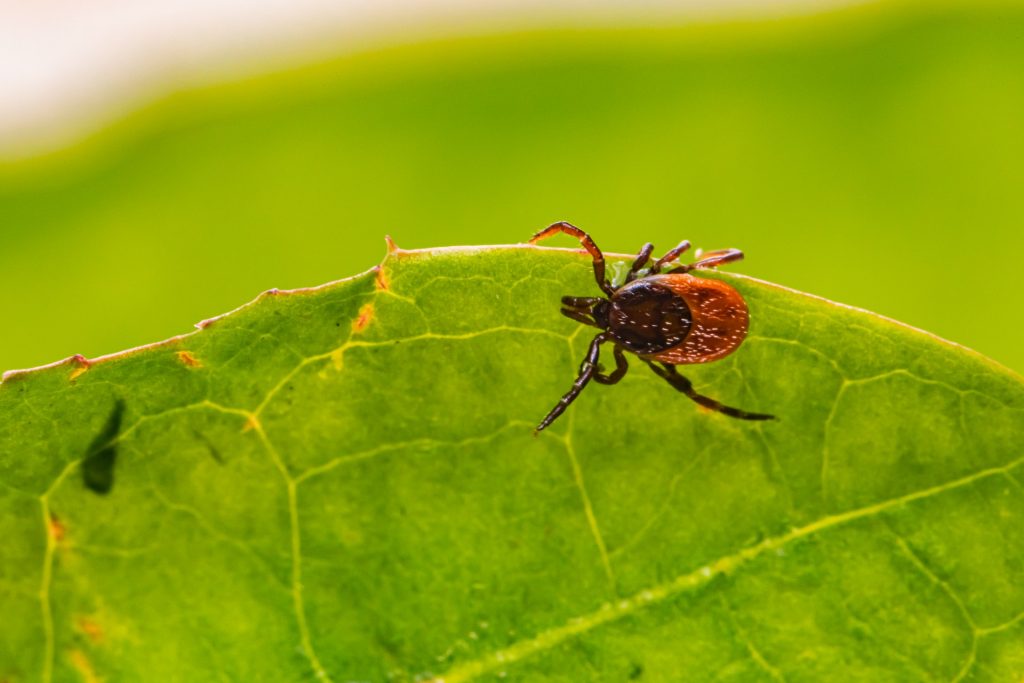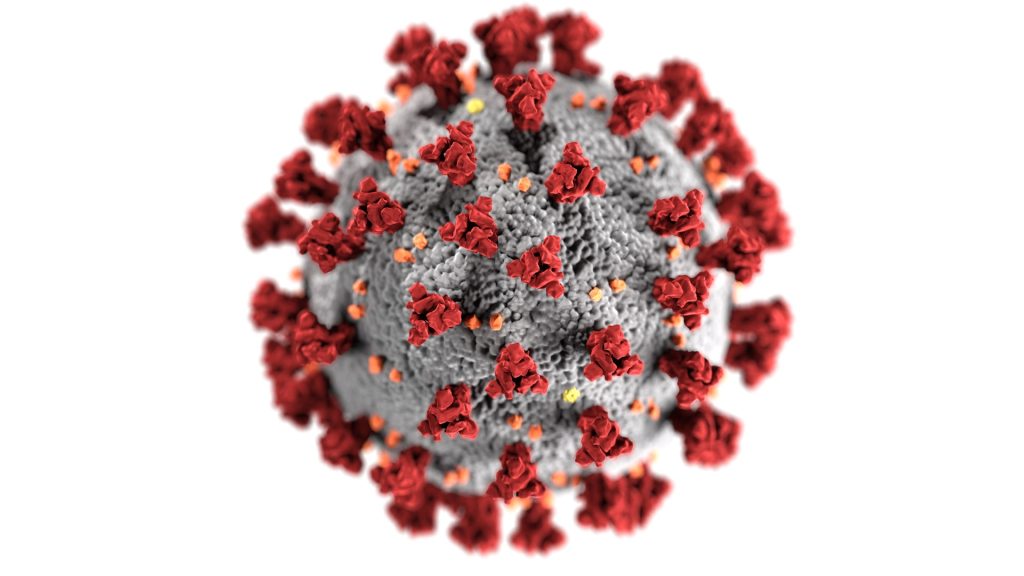A New Antibody-based Contraceptive for Women

Researchers have developed a topical antibody-based contraceptive for use by women, which works like a glue, clumping and trapping sperm.
Over 40 percent of pregnancies worldwide are unintended, even though multiple forms of contraception are available. As well as fuelling population growth, unintended pregnancies can negatively impact the physical, mental and economic wellbeing of mothers.
To address these problems, researchers from Boston University School of Medicine and ZabBio have developed an anti-sperm monoclonal antibody, the Human Contraception Antibody (HCA), which laboratory tests showed was safe and had potent sperm agglutination (clumping) and immobilisation activity.
“HCA appears to be suitable for contraceptive use and could be administered vaginally in a dissolvable film for a woman-controlled, on-demand birth control method,” explained senior author Deborah Anderson, PhD, professor of Medicine.
In order to assess its applicability as a topical contraceptive, the team tested HCA over a wide range of concentrations and under different physiologically relevant conditions in vitro. HCA was mixed with sperm from normal, healthy volunteers and then tested. Sperm became immobilised within 15 seconds, becoming stuck together. The researchers also found that HCA did not seem to cause vaginal inflammation in lab tissue culture tests.
Thanks to its safety and efficacy, HCA could fill current gaps in the contraception field. “HCA could be used by women who do not use currently available contraception methods and may have a significant impact on global health,” said Prof Anderson. HCA is currently being tested in a Phase I Clinical Trial.
The researchers also believe that a combination of HCA with other antibodies such as anti-HIV and anti-HSV antibodies could make a multipurpose prevention technology, a product that would both serve as a contraceptive and prevent sexually transmitted infections.
These findings appear online in the journal EBioMedicine.
Source: Boston University School of Medicine
Journal information: Gabriela Baldeon-Vaca et al, Production and characterization of a human antisperm monoclonal antibody against CD52g for topical contraception in women, EBioMedicine (2021). DOI: 10.1016/j.ebiom.2021.103478



